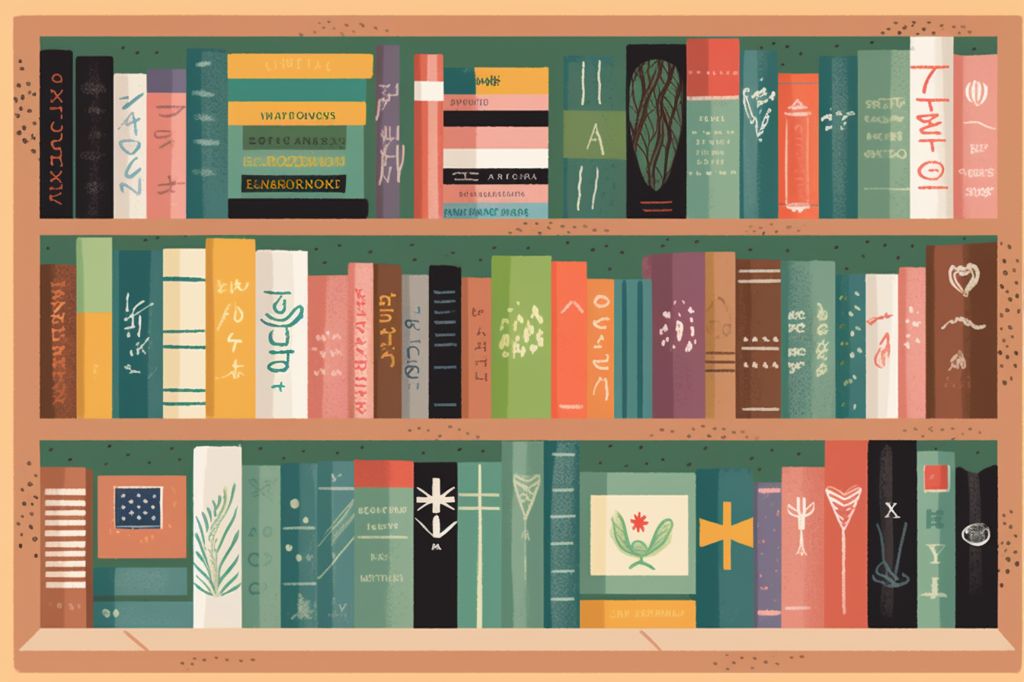Gibson Ncube, a linguist and academic scholar, has dedicated his career to studying the interconnectedness of languages and how they shape our understanding of the world. In this article, we will discuss his achievements, research interests, and contributions to academic scholarship.
Academic Achievements
Ncube is a polyglot who can speak four African languages and three international languages. He studied French and Spanish at the University of Zimbabwe, earning a master’s degree in French in 2011. He then received a scholarship from Stellenbosch University’s Graduate School of Arts and Social Sciences to pursue a Ph.D. in French and Francophone Literature, focusing on non-normative sexualities in North African literature.
Research Interests
Ncube is an expert in comparative literature, queer and gender studies, and postcolonial African studies. He is fascinated by the representations of gender and sexual identity across the African continent, focusing on literary texts and other cultural productions such as novels, autobiographies, and films. In addition, he examines trans-continental, inter-regional, and trans-lingual dialogues that enable a more comprehensive and inclusive imagining of non-conforming sexual and gender experiences in Africa.
Research Contributions
Through his research, Ncube has demonstrated that non-normative gender and sexual identities are not uncommon in Africa. He also shows how gender and sexual minorities negotiate hostile sociocultural, religious, and political contexts. Ncube is among the few Southern African scholars whose research crosses the Sub-Saharan divide. He has collaborated with colleagues at Leeds University in the United Kingdom and Bayreuth University in Germany and completed several postdoctoral fellowships, including the National Research Foundation of South Africa’s (NRFSA) Free-Standing Postdoctoral Fellowship and the American Council for Learned Societies’ African Humanities Programme Postdoctoral Fellowship.
Awards and Appointments
Ncube’s contributions to academic scholarship have been recognized through several prestigious awards and appointments. For example, he and biochemist Dr. Tawanda Zininga were recently chosen to represent Stellenbosch University in the prestigious Future Professors Programme (FPP). The FPP is a carefully selected group of lecturers from South Africa’s 26 universities who demonstrate the potential to become leaders in their fields and to be part of a transformed next generation of South African professors across all disciplines. The NRFSA also gave Ncube a C1 rating.
Current Endeavors
Ncube hopes his research will influence gender and sexual minority policy in South Africa and beyond. He is currently the assistant editor of the South African Journal of African Languages and co-convened the Queer African Studies Association from 2020 to 2022. His second book, Queer Bodies in African Films, was published in 2022 as part of the African Humanities Programme Book Series at NISC. The book is among the first to provide a cross-regional and intra-continental examination of queerness in African cinema beyond colonial linguistic boundaries.
In conclusion, Gibson Ncube’s contributions to academic scholarship are significant. He has achieved several accolades and appointments, including being chosen as a participant in the Future Professors Programme. Ncube’s research interests, which include comparative literature, queer and gender studies, and postcolonial African studies, have led to numerous insights and new directions in research. He hopes to influence gender and sexual minority policy in South Africa and beyond through his work, which will undoubtedly continue to shape the field of linguistics and academic scholarship.












